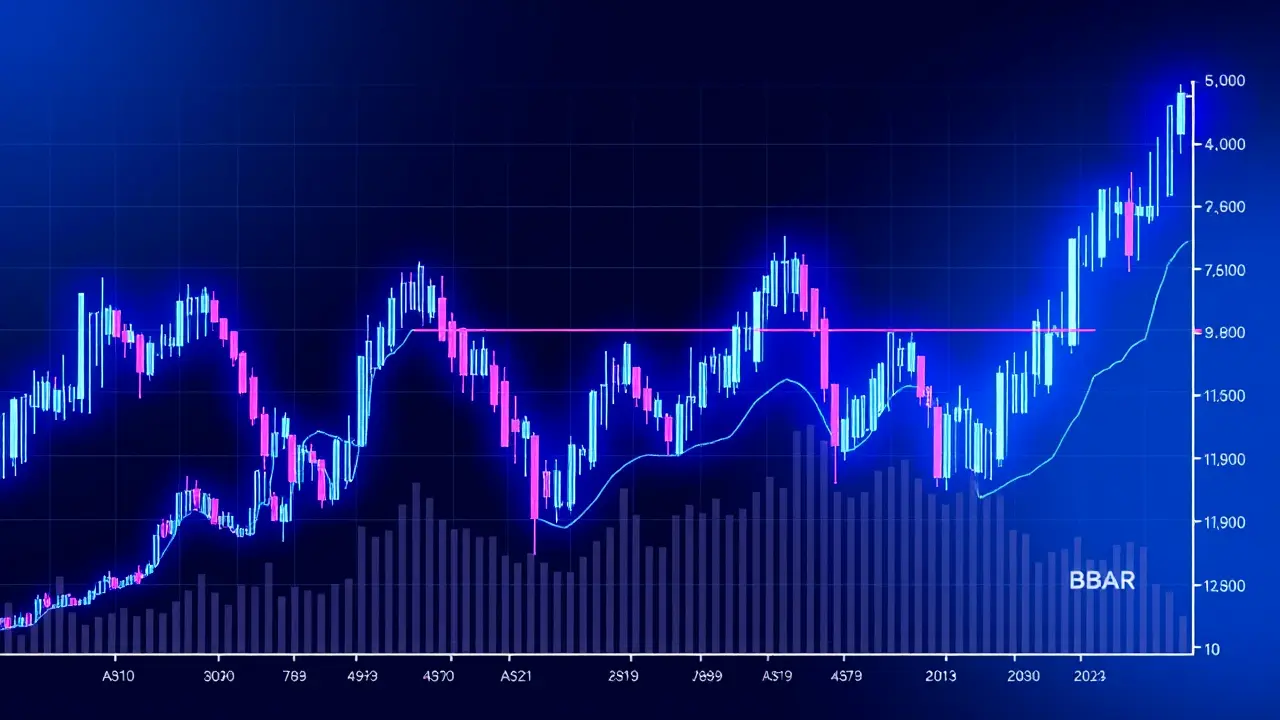Stablecoins' Role in Extending Dollar Dominance Questioned
Let's cut through the noise. The prevailing narrative in certain crypto circles—that dollar-pegged stablecoins are the vanguard extending American financial hegemony into the digital age—is a seductive but fundamentally flawed fantasy, a house of cards built on a foundation of wishful thinking and a profound misunderstanding of what true monetary dominance requires.Sure, the U. S.dollar currently sits on the throne, but to assume that simply slapping its name on a digital token will secure its reign for decades is to ignore the brutal realities of global finance, geopolitics, and the very nature of these crypto instruments. This argument, often parroted by those with a vested interest in the stablecoin ecosystem, rests on a slew of shaky assumptions, the most critical being that usage equates to dominance.It’s a classic case of mistaking the tool for the craftsman. Yes, traders in Buenos Aires or Lagos might use USDT to hedge against hyperinflation, and DeFi protocols might denominated their liquidity pools in USDC, but this is a transactional relationship, not one of allegiance or structural dependency.These users aren't adopting the U. S.financial system; they are renting a digital representation of its unit of account for specific, often fleeting, purposes. They hold zero loyalty to the Federal Reserve or the U.S. Treasury; the moment a more efficient, less politically risky digital asset emerges—be it a digital euro, yuan, or a truly decentralized algorithmic coin—that liquidity will evaporate faster than a memecoin pump.The entire premise ignores the elephant in the room: trust. The dollar's power isn't derived from its physical form or its name; it's backed by the full faith and credit of the United States, its immense economy, its deep capital markets, its global military presence, and a legal and political system that, for all its faults, has provided a relative degree of stability for nearly a century.A stablecoin, by contrast, is only as strong as the often-opaque entity that issues it and the quality of its reserves. We've seen this movie before with Tether's perpetual dance with regulators over its commercial paper holdings—it’s a centralized promise, a liability on a private company's balance sheet, not a direct claim on the U.S. government.To believe the world will anchor its financial future to the promises of a handful of corporations, subject to their own failures, hacks, and regulatory whims, is the height of naivety. Furthermore, this narrative conveniently sidesteps the intense regulatory scrutiny and geopolitical pushback that is already brewing.Do we honestly believe China, Russia, or even the European Union will sit idly by while private digital dollars become the de facto medium for global trade, effectively outsourcing their monetary sovereignty to Silicon Valley and Wall Street? We are already seeing the early tremors of this conflict, with jurisdictions worldwide racing to develop their own Central Bank Digital Currencies (CBDCs), which would be state-backed, legally enshrined, and designed explicitly to counter the rise of private stablecoins. The coming decade will not be a peaceful expansion of dollar dominance but a fierce, multi-front currency war fought in the digital realm, and stablecoins, with their private-sector vulnerabilities, are ill-equipped to be the standard-bearers.The real story isn't one of extension; it's one of fragmentation and competition. The emergence of stablecoins might actually accelerate the decline of dollar hegemony by demonstrating the technical feasibility of alternative payment rails and unit of accounts, thereby empowering other nations and blocs to launch their own digital challengers without the baggage of the existing SWIFT system.In the end, the idea that stablecoins will save the dollar is a comforting myth for maximalists, but it’s a bet against history, geopolitics, and the fundamental nature of power. The king’s crown is looking heavier by the day, and a digital facsimile won't make it any lighter.
JA
Jamie Larson123k2 days ago
interesting but idk if it's that simple, feels like they're ignoring how much people actually use these things tbh
0
